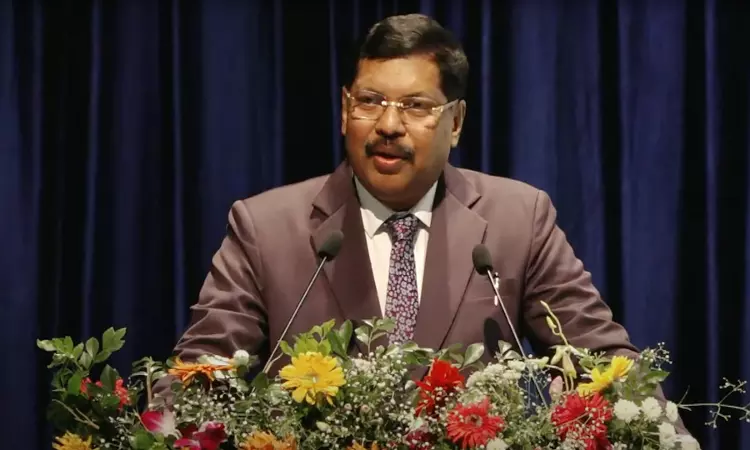Amid swirling allegations and a potential impeachment against a High Court judge, Chief Justice of India BR Gavai has sounded an alarm on the erosion of public trust in the judiciary. Speaking at the UK Supreme Court, he emphasized the need for transparency, independence, and ethical restraint especially concerning post-retirement positions and political ambitions of judges.
Judicial Corruption Erodes Trust, Demands Swift Redressal
Chief Justice of India (CJI) BR Gavai has called for immediate and transparent action in response to instances of judicial misconduct, warning that corruption within the judiciary undermines the foundation of public trust and democratic legitimacy. Addressing a gathering at the UK Supreme Court, the CJI acknowledged that cases of misconduct have surfaced within India’s judiciary and that any delay in addressing them risks damaging the public’s faith in the institution.
“In India, when such instances have come to light, the Supreme Court has consistently taken immediate and appropriate measures to address the misconduct,” he said.
While not naming individuals, his remarks come at a time when the Central government is reportedly considering impeachment proceedings against Justice Yashwant Varma, who has been accused of corruption.
Independence of Judiciary Is Non-Negotiable, Collegium Must Not Be Undermined
The Chief Justice used the international platform to reiterate the vital role judicial independence plays in preserving constitutional democracy. Amid ongoing debates over the Collegium system—India’s controversial method of appointing judges CJI Gavai argued that criticism is welcome, but reforms must not compromise the core principle of independence.
“Judges must be free from external control,” he asserted, implicitly warning against increasing executive interference in judicial appointments. The balance between transparency, accountability, and judicial independence remains a point of friction between the judiciary and the executive.
Post-Retirement Roles and Political Ambitions: A Threat to Judicial Integrity
CJI Gavai also voiced serious concern about judges accepting post-retirement roles offered by the government or contesting political elections. Such practices, he warned, could create the perception that judicial decisions were influenced by the prospect of future appointments or political alignment.
“A judge contesting an election for a political office can lead to doubts regarding the independence and impartiality of the judiciary,” he noted. The timing and nature of these post-retirement engagements, he said, can compromise the credibility of court verdicts and suggest hidden motives behind key decisions.
To lead by example, Gavai revealed that he and many of his fellow judges have pledged not to accept any post-retirement governmental roles. This pledge, he said, is aimed at preserving not just the reality, but the perception of judicial neutrality.



